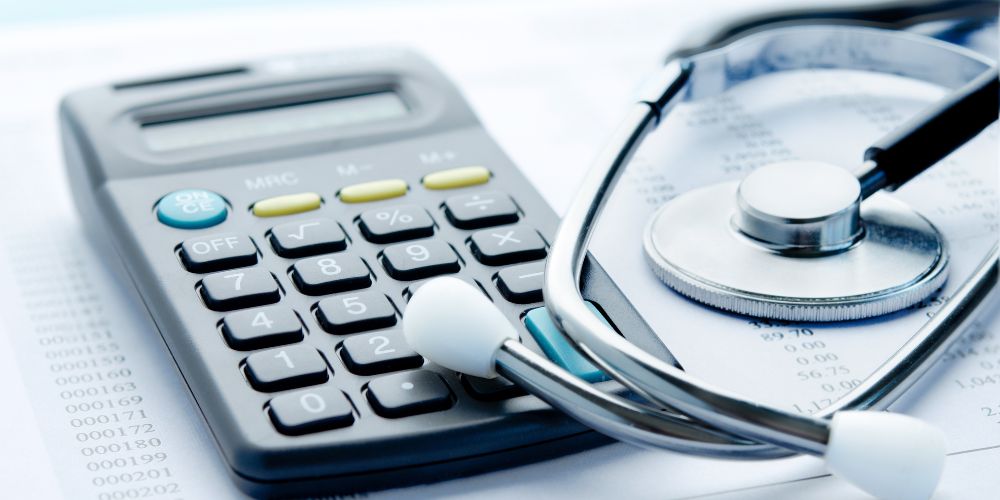Anxiety is what we feel when we are experiencing more Stress than normal. This can be physical or emotional Stress and can be due to a wealth of issues both in our personal lives and at work. Physical Stress can be as a result of an unstable medical condition, or new health symptoms that are preventing your body working evenly from day to day.
Emotional Stress can be due to a whole host of issues, some of the most common include:
- Personal life issues, such as health, school, work, loved ones, and responsibilities.
- Expectations that you and others place on you, uncertainty, and doubt.
- Work, finances, relationships, parenting, and day-to-day inconveniences.
- Major life changes, such as the loss of a loved one.
- Traumatic events or accidents.
- Emotional trauma or poor Mental Health.
Many times, we experience Anxiety, because we are faced with a situation we have not had to deal with previously, and we do not always have the correct tools in our emotional toolbox to manage the situation.
The reason we feel the symptoms we do when under Stress are due to elevated levels of adrenaline in our system. Adrenaline is a hormone that prepares us for flight or fight in the event of being challenged. The effect of adrenaline is that it speeds the all of the body’s systems, causing sometimes, but not always, over-thinking and not being able to turn your brain off, poor sleep, a fast pulse, rapid breathing, restlessness making it difficult to sit still, and even a quickening of your digestive system, so you may experience increased acid in your stomach, making it difficult to face food. In some instances, people can complain of diarrhoea.
How do we work at trying to turn our adrenaline button off? There seem to be two methods that are extremes, one of which is exercise, we know we all feel better after a good run or swim etc. The other is to learn deep relaxation or meditation. Many people think that they are relaxing when sitting at home reading a book or watching TV, but to relax enough to bring about a decrease in your adrenaline, requires practice, a bit like riding a bike. For more information on relaxation, please see:
https://www.mind.org.uk/information-support/tips-for-everyday-living/relaxation/relaxation-tips/
One of the most difficult symptoms of Anxiety people have to cope with is poor sleep. You may have been fine all day, but once you rest your head on that pillow, thoughts come tumbling into your head and will not leave. This happens because the adrenaline cannot move your limbs, so keeps your mind active instead. A very good way to deal with this is to use what is known as Distraction Therapy, where you decide to think about something else, such as the football premiership and all of the clubs, their order, their players and how to spell their names (which will cause some amusement). Whilst you are thinking of alternatives, the worrying thoughts you had in your head should move aside and not progress to the mushroom cloud of thoughts that were previously there. For more information on Distraction Therapy, please see:
https://www.verywellmind.com/ways-to-stop-worrying-2584069
Lastly, there are breathing techniques that can be used, even when you are out and about, that can help reduce any Stress you are feeling. Breathing techniques are a good thing to have in your toolbox as they can help when using relaxation or Distraction Therapy, bringing about an improved outcome. For more information on breathing techniques see:
https://www.verywellmind.com/abdominal-breathing-2584115
Just as an aside, it has been found that trampoline rebounding, particularly with mini trampolines, presents an enjoyable exercise form with significant health benefits, encompassing enhanced cardiovascular endurance, improved balance, and positive effects on bone structure and mental well-being*.
*BEREZA, Dawid, SOKOŁOWSKA, Katarzyna, KULAK, Maria, MOREAU, Igor, POLAŃSKA, Paulina, LANG, Miriam and WOCH, Barbara. Springing to Life: Unveiling the Transformative Effects of Trampoline Bouncing on Human Health. Journal of Education, Health and Sport. 2024;54:200-214. eISSN 2391-8306.



